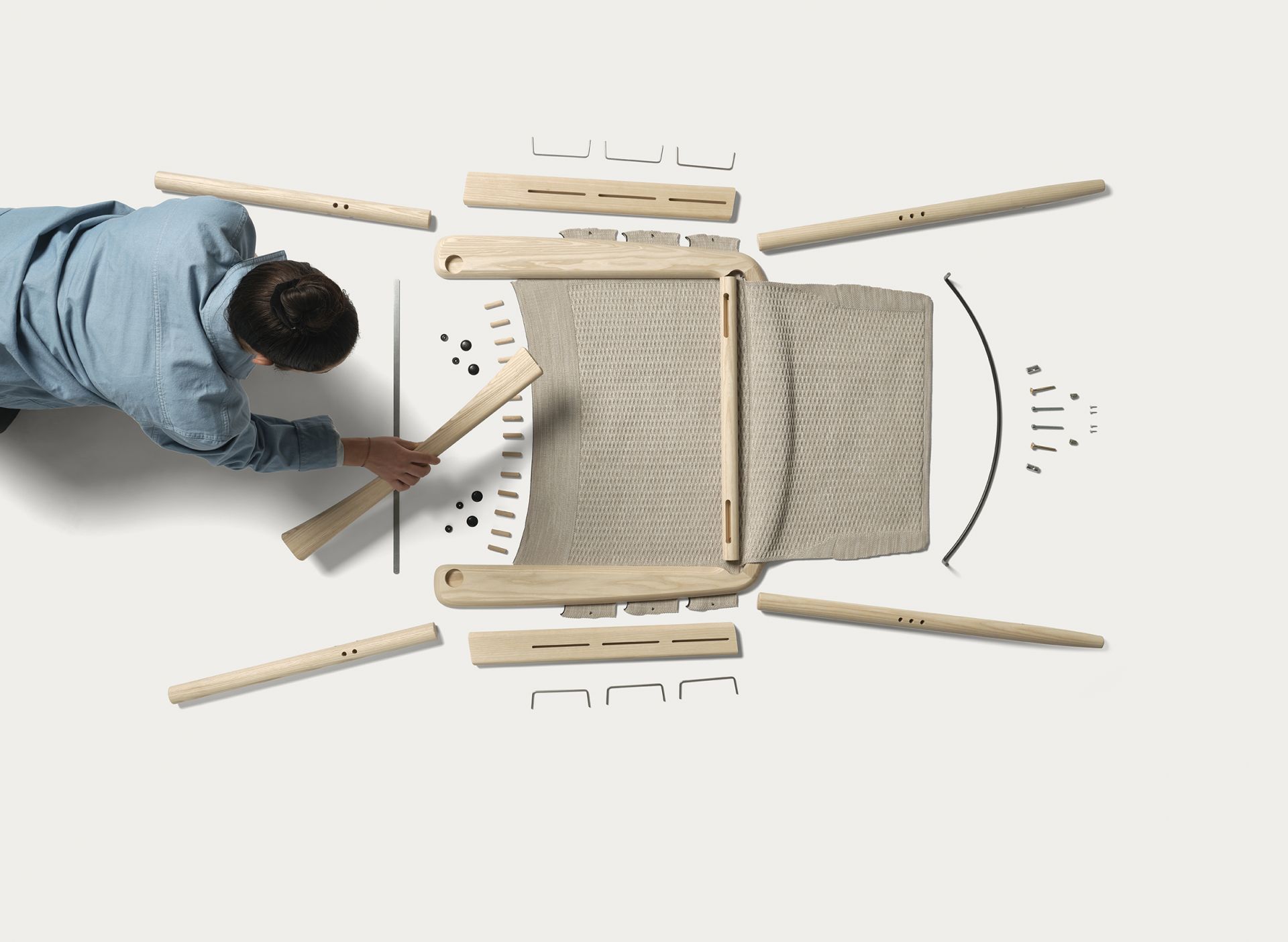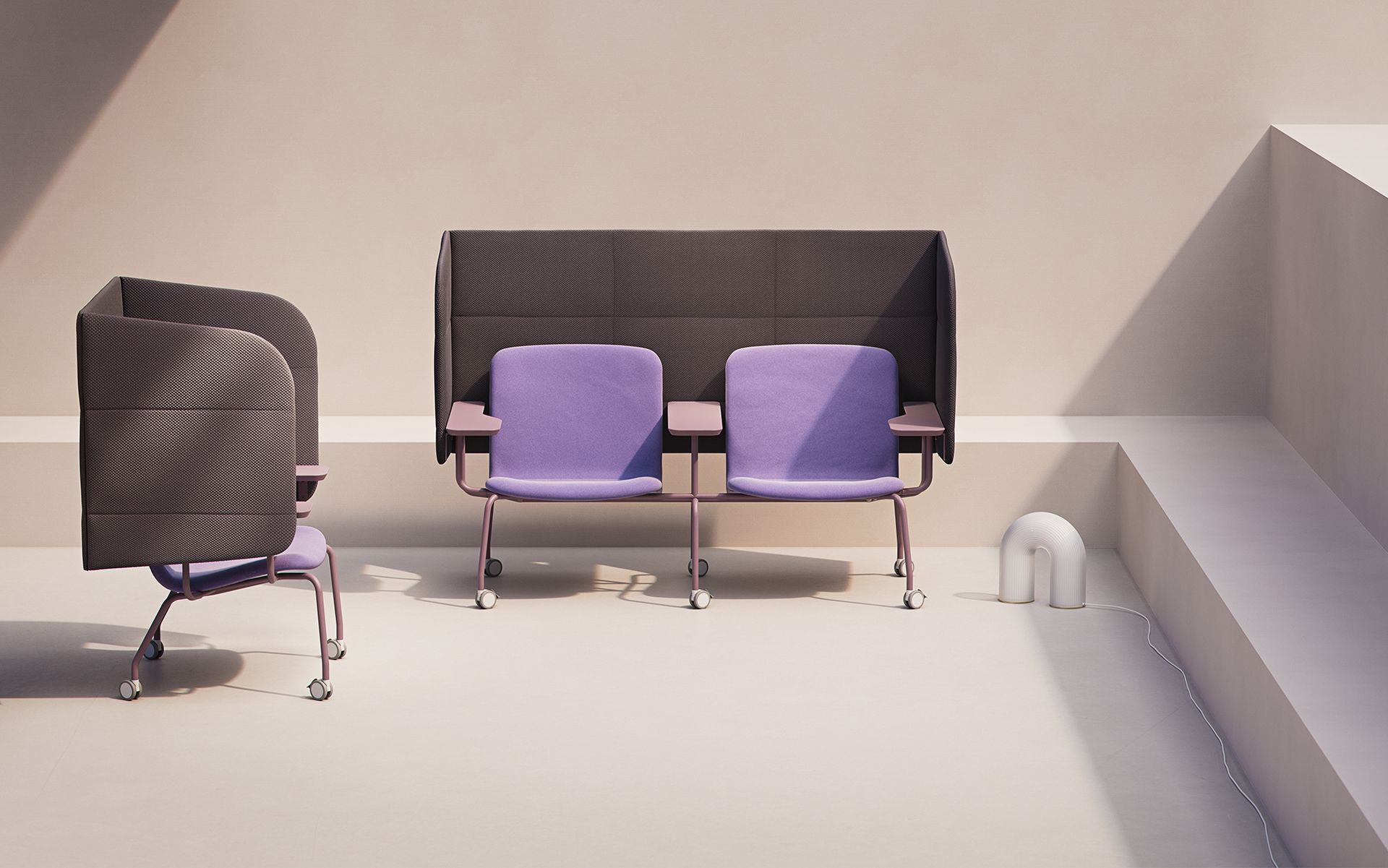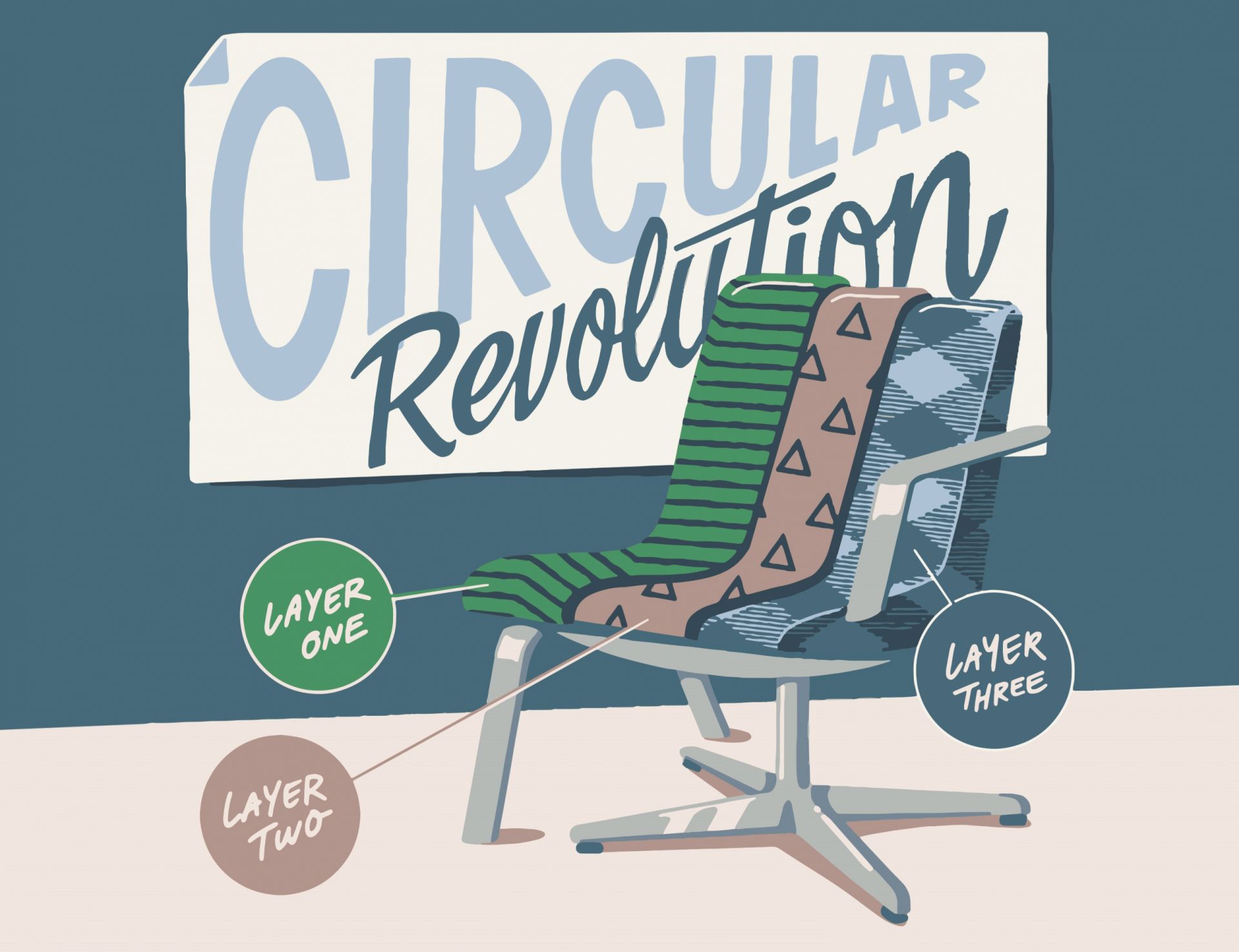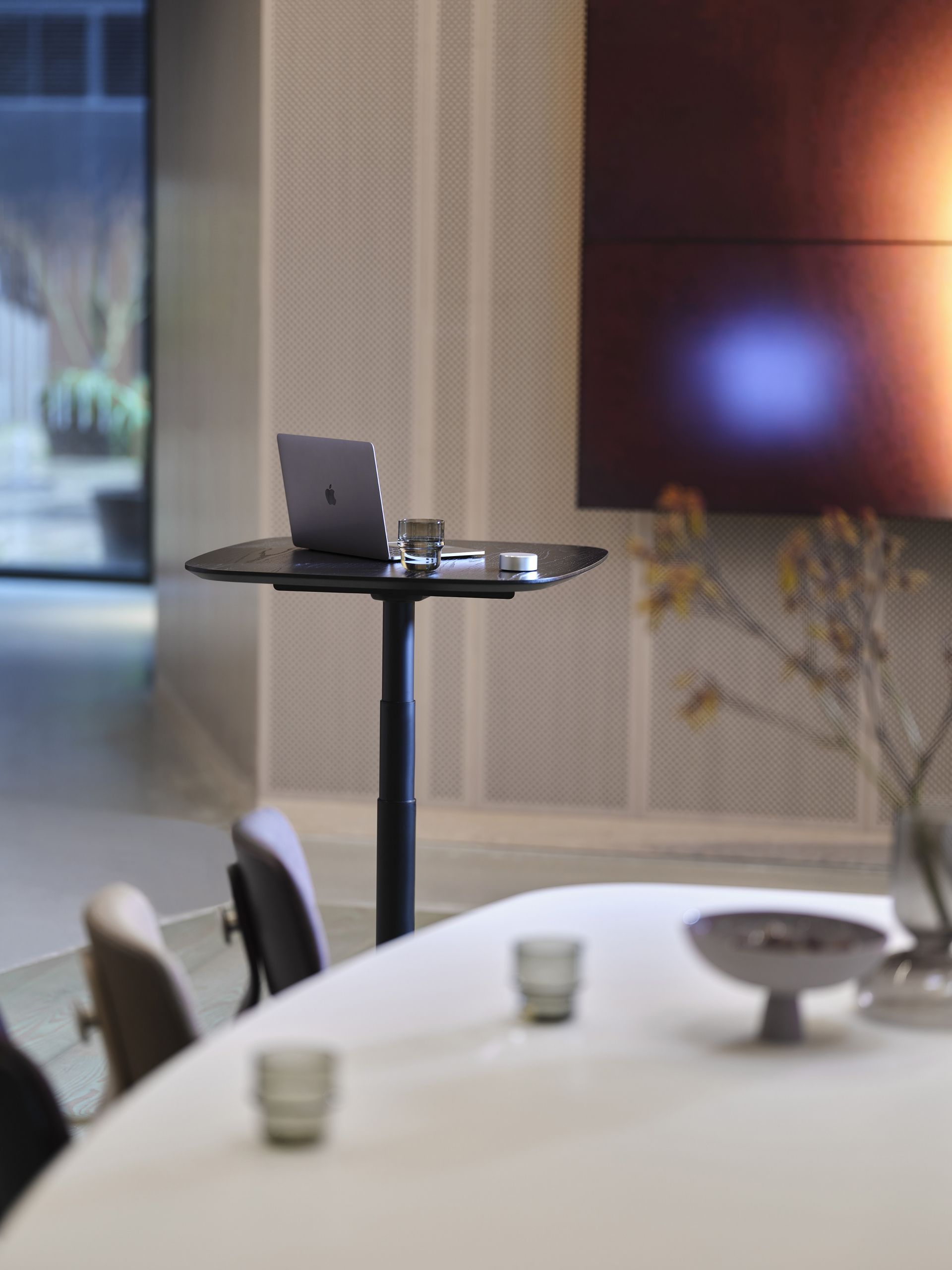
Sustainability and technology in the office of the future
In the wake of the pandemic, we see how climate change, sustainability issues and technology are assuming ever greater importance and continue to influence our working methods. EFG is taking a closer look at how progress will change tomorrow’s office and what the consequences will be.

Risk of further pandemics
Research suggests that the Covid pandemic is probably not the last, if we continue to exploit natural resources and impoverish the planet’s ecosystems. At the same time, the pandemic has caused us to travel less, with both business trips and recreational travel decreasing due to restrictions and fear of contagion. Companies must be prepared for similar scenarios to arise in the future and learn from the changes we have been forced to make in recent times. Being open to more flexible working arrangements and an ability to offer safe work environments are essential for a sustainable future working life.

Circular revolution
For a number of reasons, it will be crucial for companies to take responsibility in sustainability issues in the future, and there is much to suggest that sustainability will be a driving force affecting many parts of the office. What’s more, green offices designed for a circular economy with a focus on recycling will be seen as more attractive and make it easier to recruit skilled employees. Sustainability trends are clearly discernible in the construction and engineering industries, where technology consultancies are beginning to train architects in sustainable construction to enable them to take a leadership role in the circular society. In general, upgrading is given priority over demolition and there are initiatives to achieve better energy efficiency in order to meet global emission targets. EFG advocates the development of recyclable furniture and uses a layer-on-layer design that makes all parts removable and thus replaceable. The materials are also carefully selected under EFG’s sustainability philosophy.


Will smart technology lead to smarter working methods?
Digitisation and technologically adapted offices will be important if tomorrow’s hybrid working methods are to function properly. As ever more meetings take place virtually, companies will have to invest in better technology and equipment such as cameras, microphones and lighting, as well as better broadband, enhanced IT security and practical internet services. Modern technology quite simply means more flexible working methods, and using it also means we travel less, as we can sometimes get the same work done remotely.

When technology is used correctly, it can be an asset in the workplace, but it also has drawbacks. Increased use of digital tools instead of face-to-face meetings leads to a reduction in human contact between colleagues, which can result in a reduced sense of well-being at the workplace. Another risk from increased digitisation is the expectation that employees will be more productive, as they are always accessible via email and telephone. Staying connected can mean never being able to relax properly by letting go of work. The boundary between private life and work is at risk of erasure, leading to increased stress, lower job satisfaction and well-being, which may also reduce productivity in the long term.

High time for techiture
Digitisation, smart technology, AI and automation will help transform our working methods and workplaces, but some people believe we have adapted to the digital tools rather than adapting the tools to our needs. Technology can be used to meet employees’ needs and increase productivity, flexibility and security. In the future, new needs will arise and technology will have to evolve accordingly. This is where architecture can help make the digital transition more human. A driving force behind the next major design shift will be ‘techiture’, where technology and architecture combine to create a workplace that uses both digital and analogue architecture. Technology will probably also be embedded in furniture to enable continuous video conferencing and virtual space sharing.